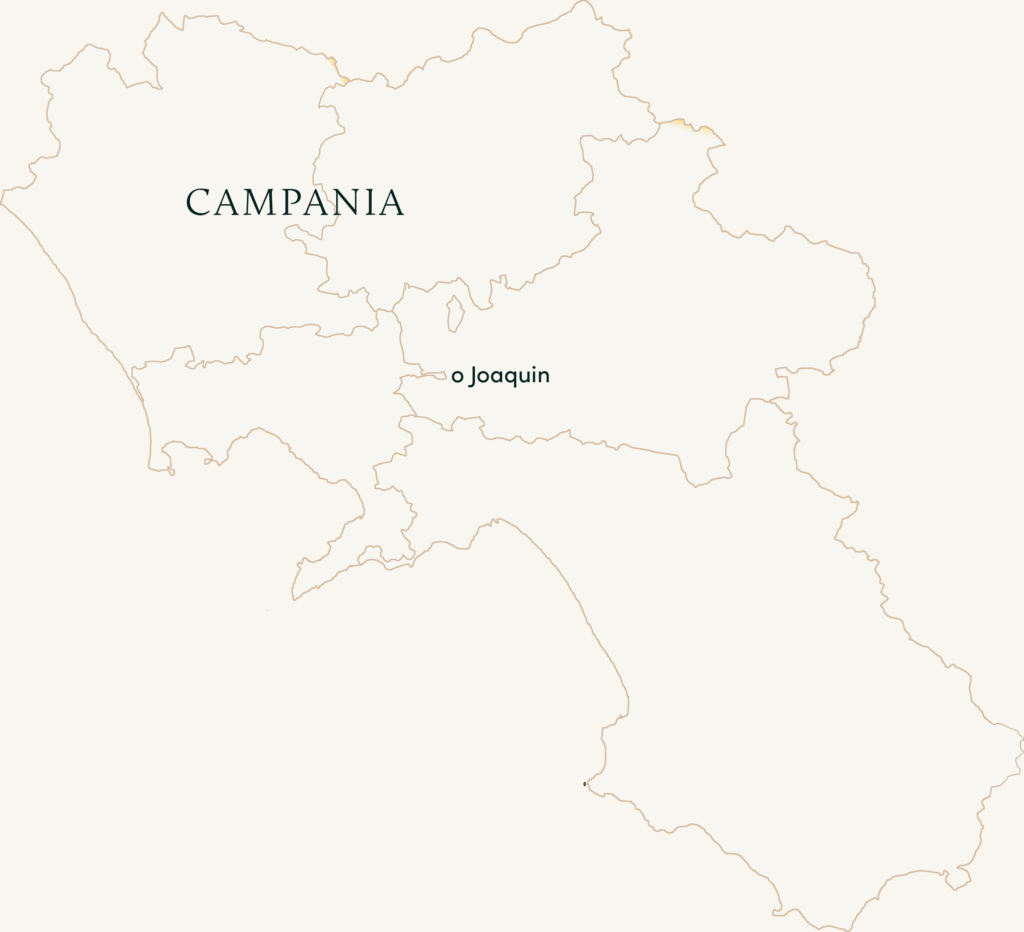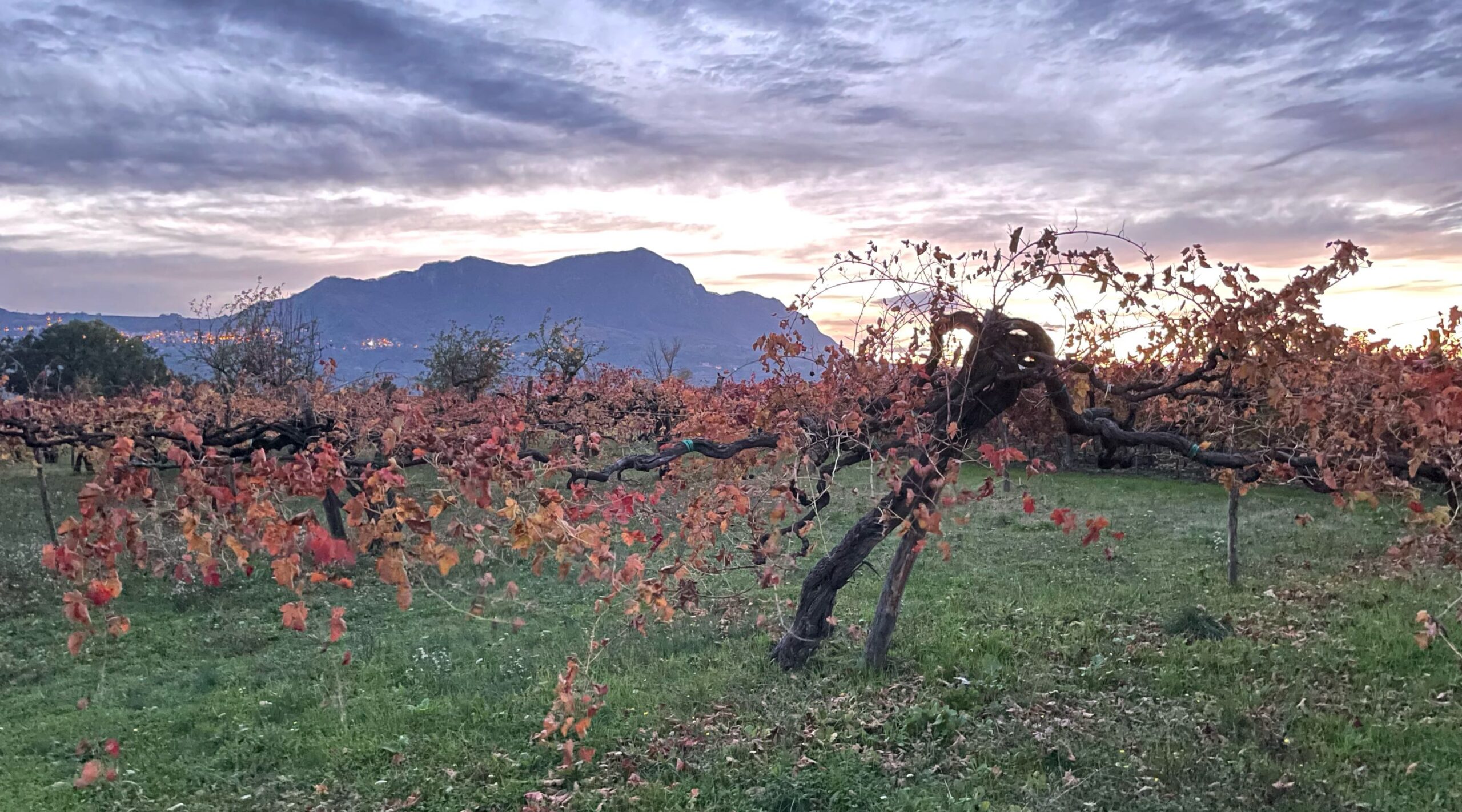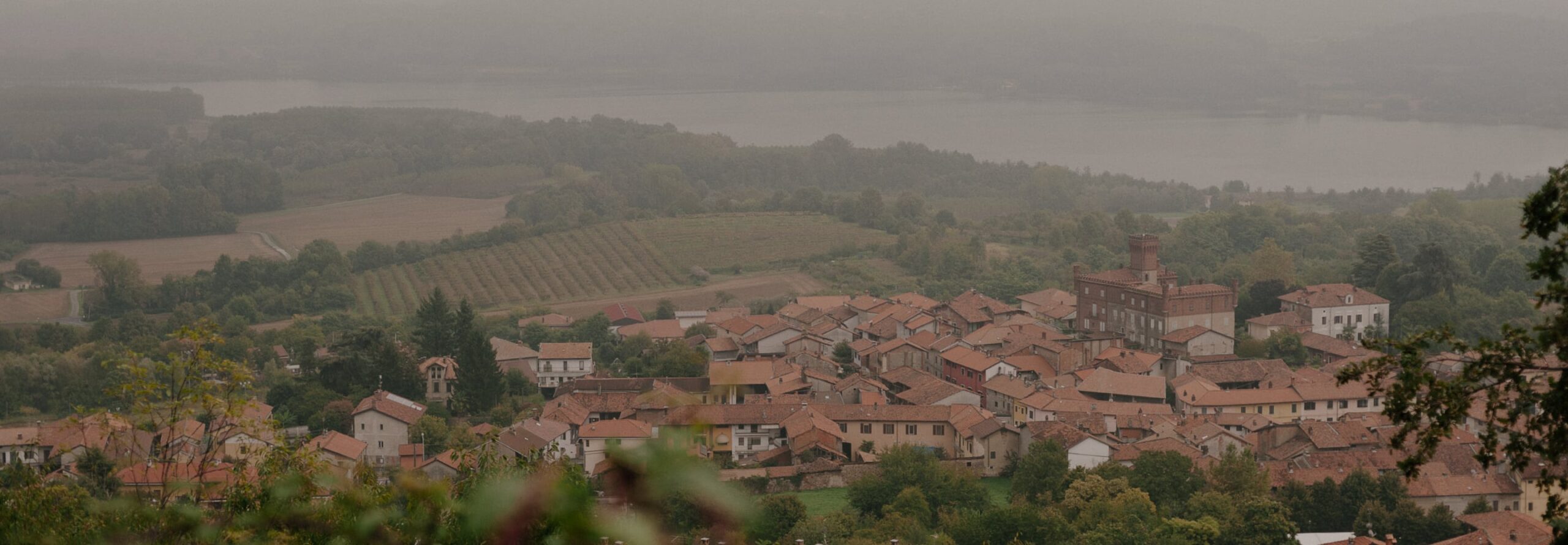Raffaele Pagano’s family thinks he’s crazy. This fourth-generation heir apparent to his Salerno-based clan’s income stream—two million bottles per year spread among three wineries—chose a wildly different path, and today Raffaele produces a mere 18,000 bottles annually, from three and a half hectares in Irpinia and Capri. But they’re his wines, made according to his vision, and this Campanian maverick wouldn’t have it any other way.
Pagano began his passion project in the early 2000s, acquiring several parcels of extremely old Fiano and Aglianico in the towns of Lapio and Paternopoli, respectively, and bottling his first vintage in 2006. He christened his winery Joaquin, after the French-Spanish Bourbon dynastic family who planted vines throughout the area and contributed hugely to Campania’s gastronomic and viticultural life in the pre-unification era. A few years later, Raffaele was, amazingly, able to purchase a 0.8-hectare parcel of co-planted Greco, Falanghina, and Biancolella on Capri off the Amalfi Coast, a splendorous and heavily touristed little island where only 20 hectares of vines exist in total.
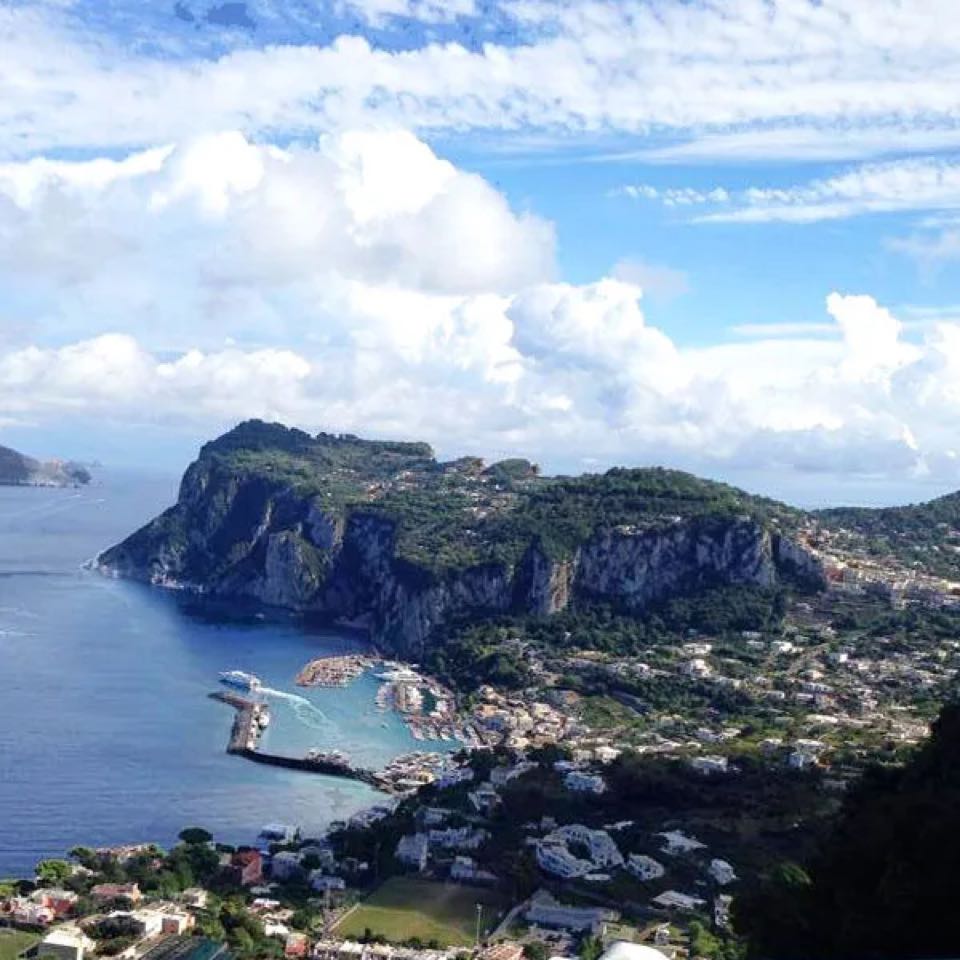

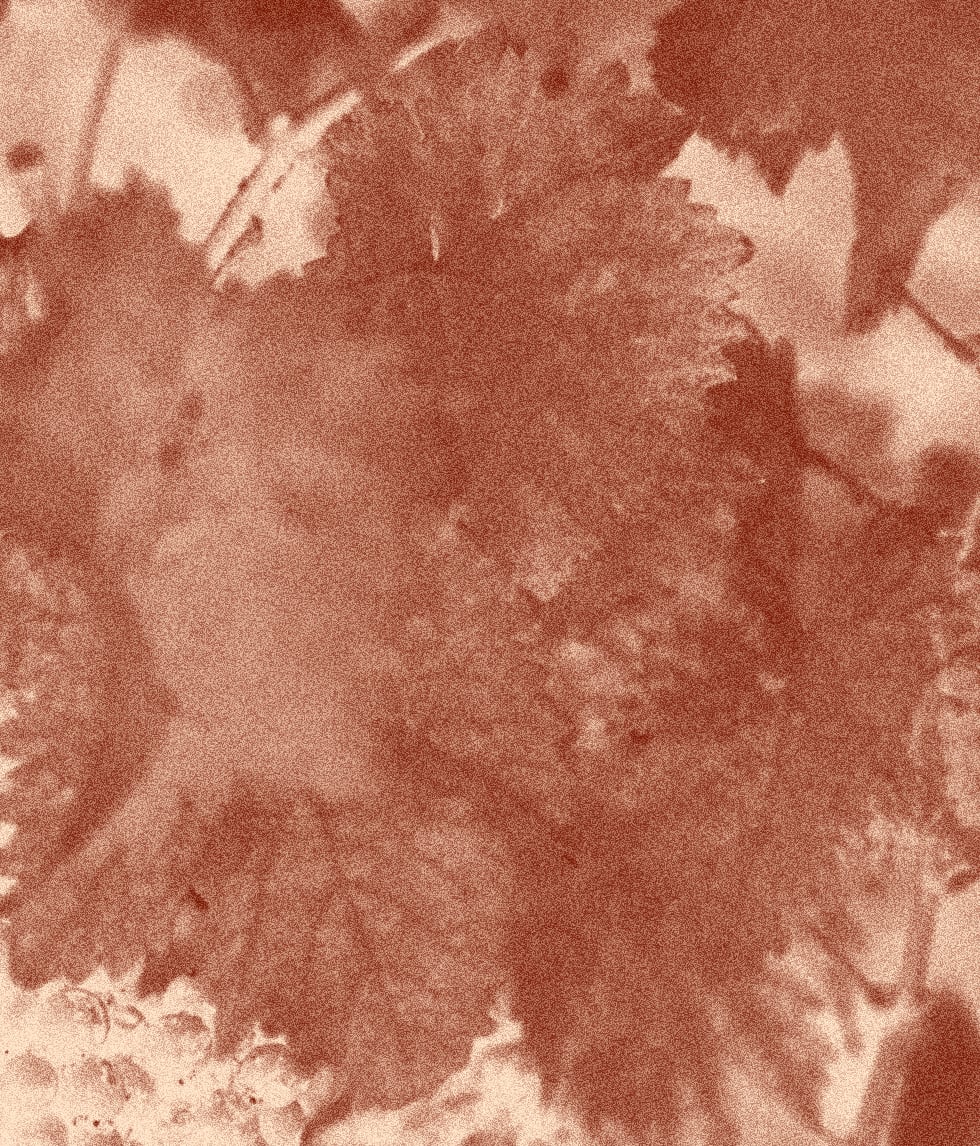
While Campania issues forth an ocean of well-produced, varietally typical product from its unique set of terroirs, Joaquin strikes a far deeper chord. Like the wines of Giampiero Bea in Montefalco, or Paolo Vodopivec in the Carso, Raffaele’s wines veer aesthetically from the mainstream of their appellation while simultaneously seeming to reveal something even truer and more visceral about their place of origin. To taste Joaquin is not only to experience a stunning bottle of Fiano or Aglianico, but to undergo a paradigm shift—to sense things heretofore unencountered in these varieties and these terroirs. To the extent that Raffaele experiments, it is never motivated by whimsy, but by a desire to access the very soul of his land. And while the flavors and textures of his wines may be occasionally unfamiliar, the sense of un-pandering somewhereness is a familiar friend.
Farming
Practicing organic
Soils
Clay-limestone and gravel with volcanic elements
Vines
Fiano vines are 80 to 100 years old; Aglianico vines are ungrafted pre-phylloxera plantings between 150 and 200 years old
purchasing
Entirely estate fruit
Fermentation
Spontaneous fermentations with no temperature regulation
Malolactic Fermentation
Neither blocked nor induced, it occurs most of the time
Élevage
Steel, fiberglass, chestnut, acacia, Slavonian oak
